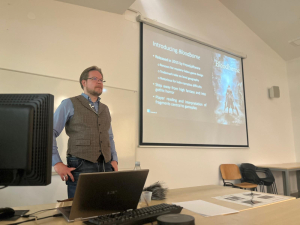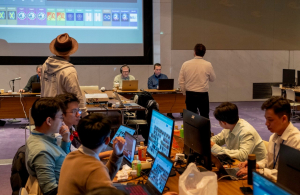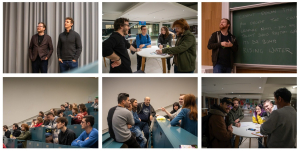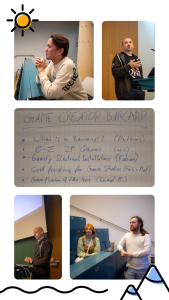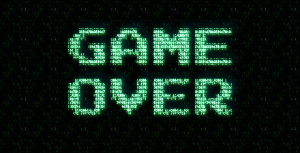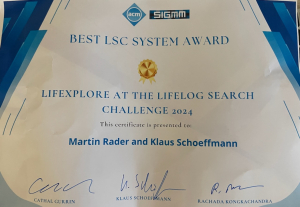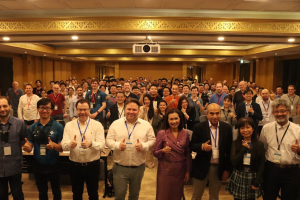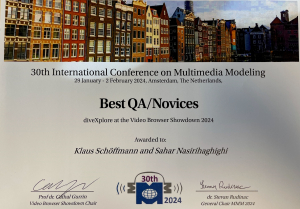On 12 May, Dr Felix Schniz held an invited guest talk at the Department of Culturology, Faculty of Arts, University of Ljubljana.
In his talk, Felix discussed to challenges and necessities of Critical Theory thinking on an age of digital pessimism with a focus in game studies:
The Frankfurt School is a long-standing moral pillar of cultural studies. As the lines between humankind, virtuality, and technology blur more and more, however, the Frankfurt School’s stance towards the cultural industry incrementally enters a fundamental crisis of purpose. In this guest lecture, I elaborate on the crisis of digi-pessimism by drawing a bridge from the early days of Frankfurt School thinking to its contemporary work on interactive virtual artworks on the example of video games. I outline the origins of the school and its vital key terms along with its most prominent thinkers, its importance in the analysis of cultural artefacts, and its challenges when confronted with a medium that is as highly capitalistic in its conception as it is subversive. Focusing on Bloodborne (FromSoftware 2015), I portray the difficulties of navigating a virtual world that fuses pop-culture gothic horror with practices of anti-capitalist resistance and the meaning of such spaces in the face of contemporary political and technological raptures.


